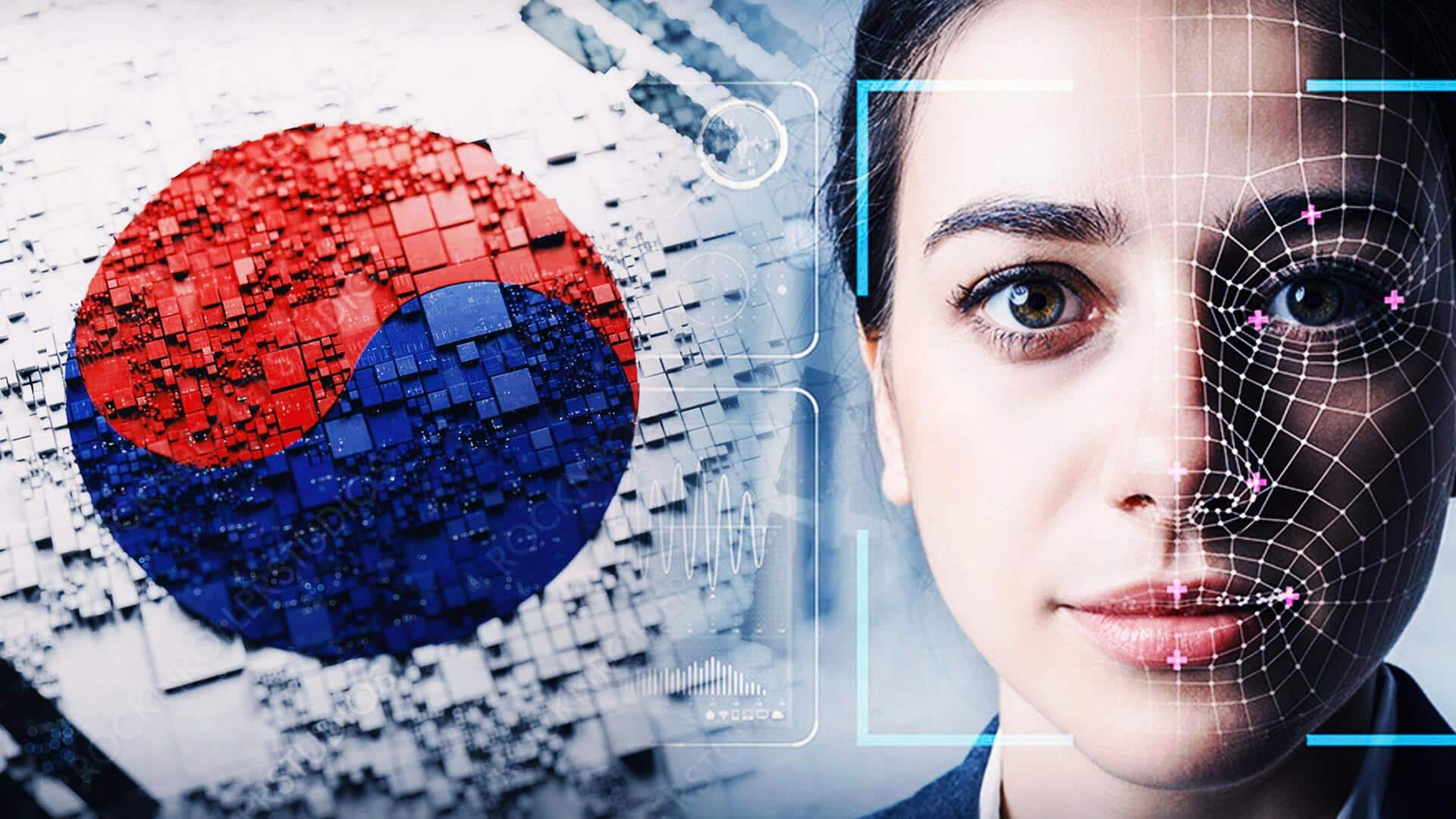
South Korea's president orders crackdown on deepfake pornography
What's the story
South Korea's President, Yoon Suk Yeol, has initiated a stringent crackdown on the rising tide of digital sex crimes involving deepfake pornography. The move comes in response to recent reports in South Korean media about the use of the Telegram messaging app to create and disseminate fake, sexually explicit images and videos. Amid warnings that all women could potentially fall victim to such crimes, Yoon has voiced strong criticism against this disturbing trend.
Enforcement action
Police to pursue perpetrators in seven-month campaign
In a bid to curb the spread of these digital sex crimes, police will "aggressively" pursue individuals involved in creating and distributing such material. This is part of a seven-month campaign set to commence on Wednesday, as reported by the Yonhap news agency. The campaign will particularly focus on those exploiting children and teenagers, reflecting the severity of this issue within younger demographics.
Rising concerns
Deepfake videos rapidly spreading
President Yoon has expressed grave concern over the rapid spread of deepfake videos on social media. "Deepfake videos targeting unspecified individuals have been rapidly spreading through social media," he said during a cabinet meeting. He further highlighted that many victims are minors and most perpetrators have also been identified as teenagers, underscoring the urgent need for action against these digital sex crimes.
Crime statistics
Teenagers targeted
According to South Korea's police agency, in the first seven months of this year alone, 297 cases were reported, a stark rise from 180 last year and nearly double the number in 2021. Of the 178 people charged with these crimes, a majority of them - 113 individuals - were teenagers.
Online threats
Telegram chatroom emerges as hub for deepfake pornography
According to reports, Telegram chatroom has emerged as a hotspot for the creation and sharing of deepfake images, attracting about 220,000 members. South Korean media reports indicate that victims include university students, teachers, and military personnel. The Centre for Military Human Rights Korea stated that "the perpetrators have used photos of female soldiers in uniform to treat them solely as sexual objects."
Digital exploitation
Social media platforms used to create deepfake material
Perpetrators are reportedly using social media platforms like Instagram to save or screen-capture photos of victims, which are then used to create deepfake pornographic material. The Korean Teachers and Education Workers Union has reported instances of sexual deepfakes involving school students and requested the education ministry to investigate.